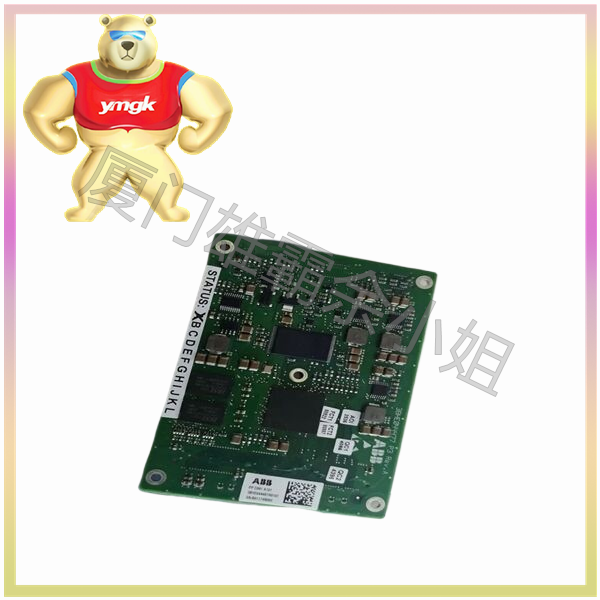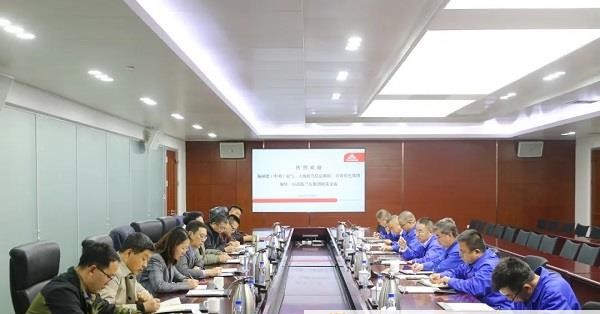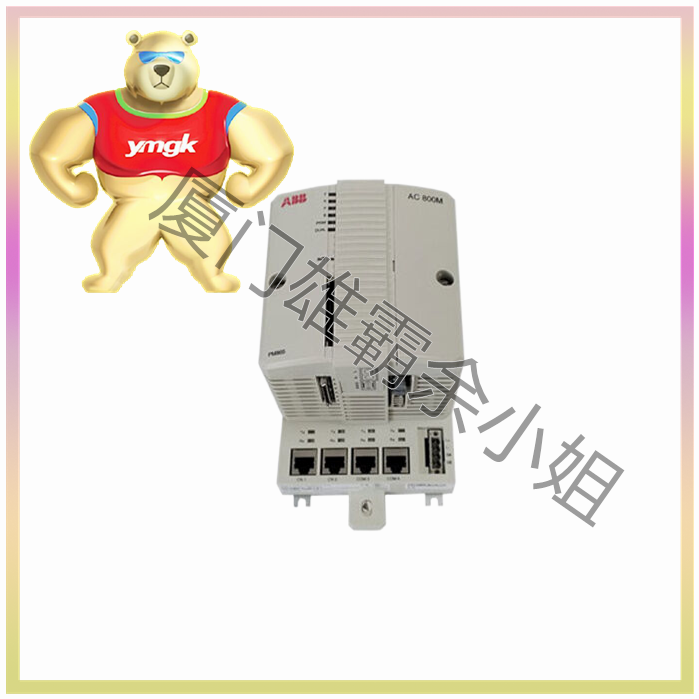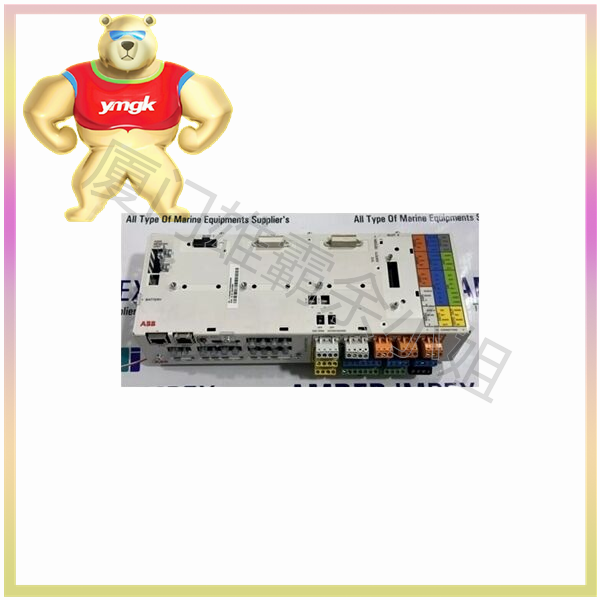In a distributed control system (DCS), the I/O (input/output) module is an important component that connects the control system with field devices such as sensors and actuators. These modules are crucial for collecting data from the field and sending control signals to devices. The different types of I/O modules available in DCS systems include:

- Digital Input (DI) module
Purpose: To receive binary signals from on-site devices.
Application: Read the status of switches, buttons, limit switches, and digital sensors.
Features: Can detect the presence or absence of voltage signals. - Digital Output (DO) Module
Purpose: To send binary signals to on-site devices.
Application: Control relays, solenoids, lamps, and other binary actuators.
Features: External devices can be turned on or off. - Analog Input (AI) Module
Purpose: To receive continuous signals from on-site equipment.
Application: Read measurement values from temperature sensors, pressure sensors, flow meters, and other analog devices.
Features: It can handle various signal ranges (such as 0-10V, 4-20mA). - Analog Output (AO) module
Purpose: To send continuous control signals to on-site equipment.
Application: Control actuators such as valves and variable frequency drives (VFDs).
Features: Output various signal ranges (such as 0-10V, 4-20mA). - Pulse Input (PI) Module
Purpose: To receive pulse signals from on-site equipment.
Application: Counting pulses from flow meters, encoders, and tachometers.
Features: It can calculate and measure the frequency or duration of pulses. - Pulse output (PO) module
Purpose: To send pulse signals to on-site equipment.
Application: Control stepper motors and pulse width modulation (PWM) devices.
Characteristics: Generate precise pulse signals for control purposes. - Communication module
Purpose: To facilitate communication between DCS and other systems or devices.
Application: Integrate DCS with PLC, SCADA systems, third-party devices, or other DCS systems.
Type: Ethernet PROFIBUS、Modbus、HART、 Fieldbus. - Special function modules
Purpose: To perform specific functions not covered by standard I/O modules.
Application: signal conditioning, safety system interface, event sequence recording.
Example: RTD module for resistance temperature detector, thermocouple module for temperature measurement. - Redundant input/output modules
Purpose: To provide redundancy for critical applications that require high availability and reliability.
Application: Ensure continuous operation in case of module failure.
Features: Redundant I/O channels and hot swappable functionality. - Intelligent input/output module
Purpose: To combine I/O functionality with local data processing and diagnostic capabilities.
Applications: Advanced diagnostics, predictive maintenance, and local control.
Features: Built in intelligence for preprocessing data and on-site device health monitoring.
Each type of I/O module is designed to meet the specific requirements and applications of DCS, ensuring the flexibility, scalability, and reliability of industrial automation and control systems.






